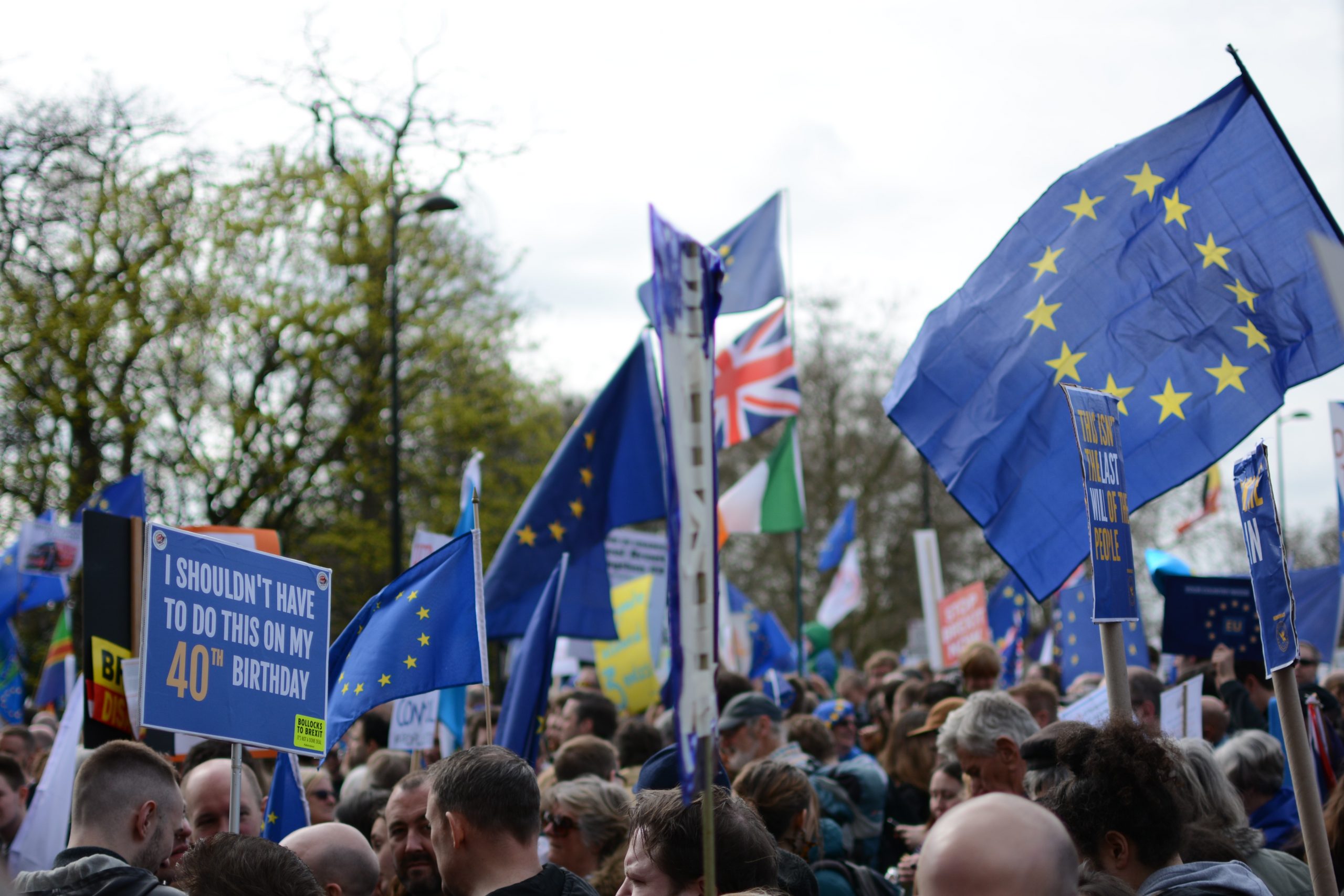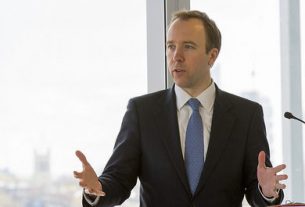Hundreds of thousands of protesters marched through London on Saturday demanding a People’s Vote on Brexit while inside the House of Commons, MPs delayed their decision once again.
The Commons did not say “no” to the Prime Minister’s deal on so-called Super Saturday, instead it was effectively “not yet”, as they voted instead to pass the Letwin Amendment and force Boris Johnson to ask for an extension.
The Letwin amendment provides further insurance against the UK crashing out of the EU on October 31 without a deal, and further evidence of the lack of trust existing in the Commons.
Had MPs voted to pass Boris Johnson’s deal, the UK could still have crashed out of the EU without one, if the legislation implementing the Brexit deal had not been passed before the October 31 deadline.
Tory MP Sir Oliver Letwin’s amendment withholds approval of the PM’s deal before legislation implementing the Brexit withdrawal bill is passed by parliament.
Government ‘has the numbers’
Despite losing the Letwin vote 322-306, Johnson may be more confident his plan will eventually get MPs approval before the deadline given analysis of the voting record.
Foreign secretary Dominic Raab told Andrew Marr the government has the numbers to get the deal passed, with 11 of the 21 former Conservative MPs (stripped of the whip by Johnson in September for trying to block a no-deal Brexit), and six Labour MPs voting for the government against the amendment.
Parliament warned against ‘conning the public’
Laura Kuenssberg, the BBC’s political editor, writes: “The likelihood of a Brexit agreement happening appears a thousand times stronger than it ever was under his predecessor.”
Theresa May supports her successor’s deal and argued for it on during Super Saturday’s debate when she “Parliament against conning the public.”
Johnson’s new deal
Johnson had achieved what many believed he could never deliver – a renegotiated deal with the EU that has managed to win over many of the fiercest opponents to Theresa May’s deal, namely members of the Tory right wing European Research Group – with a new political declaration setting out the plans for the UK’s future relationship with the EU
However, the Prime Minister does not have the crucial ten votes of the DUP who are steadfastly opposed to the special arrangements for Northern Ireland to avoid a hard border with a customs border in the Irish Sea. That proposal removes the backstop negotiated by May, which was also rejected by the DUP (and the ERG).
The PM’s two letters
The PM sent the letter to the EU asking for an extension beyond the October 31 deadline, as required by the Benn Act.
Johnson had repeatedly said he would never ask for an extension and he did not sign the photocopied letter to the EU. He sent it with another letter, this one signed and asking the EU to ignore the first one, arguing that another extension would be “damaging” for all parties involved.
The EU will consider the request for an extension, with all 27 members having to reach a unanimous decision. Their decision does not have to immediate and should they refuse to grant an extension, parliament will have less than ten days to pass the PM’s deal and all the relevant legislation.
As things stand, the UK will leave the EU on October 31. Michael Gove, the minister in charge of planning for a no-deal Brexit, said preparations have been stepped up given there was no guarantee the EU would grant the request for an extension.
Labour plan to support amendments to the Brexit legislation this week, with shadow Brexit secretary Keir Starmer saying these will include a call for a second referendum on any deal.




